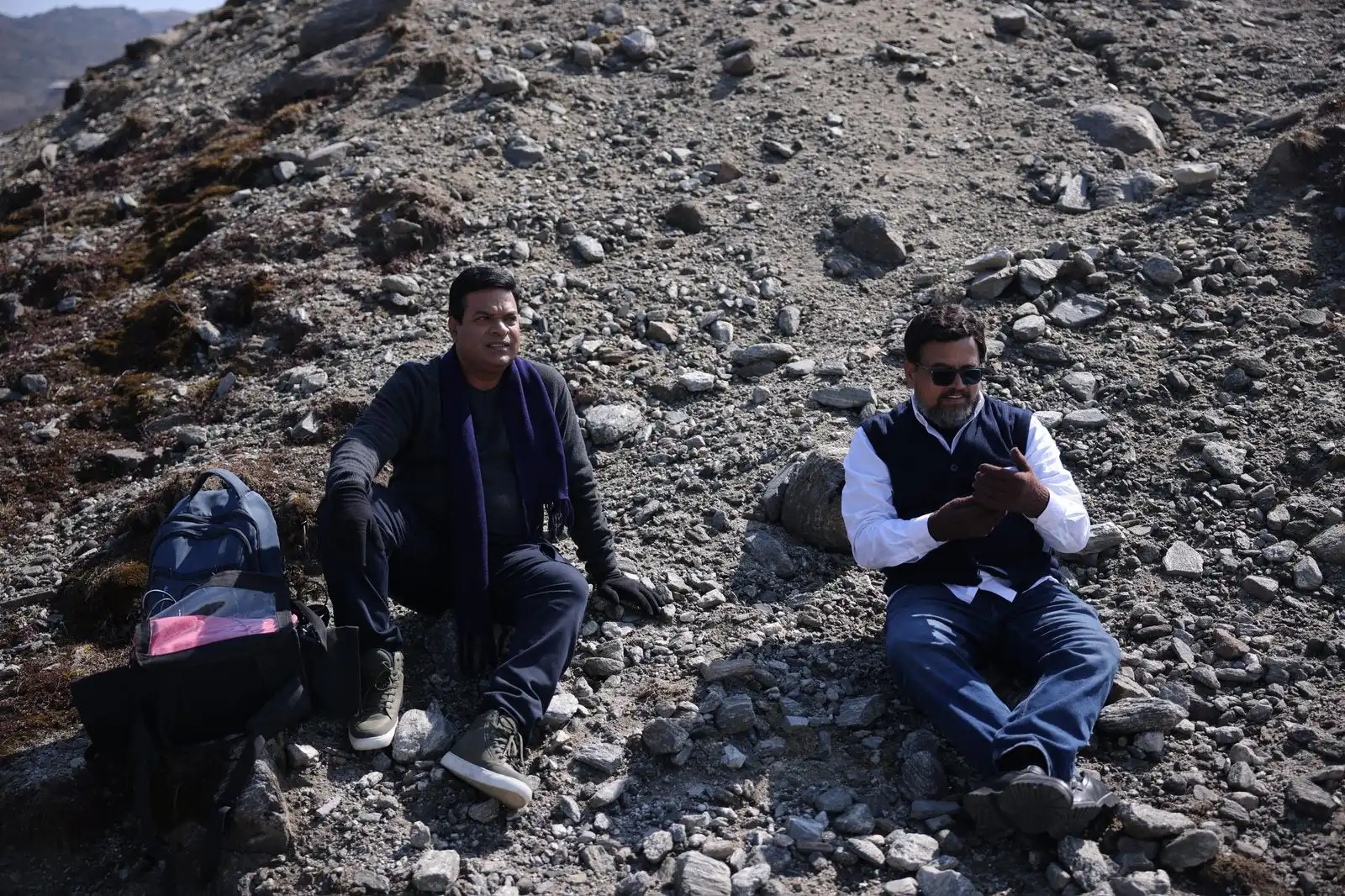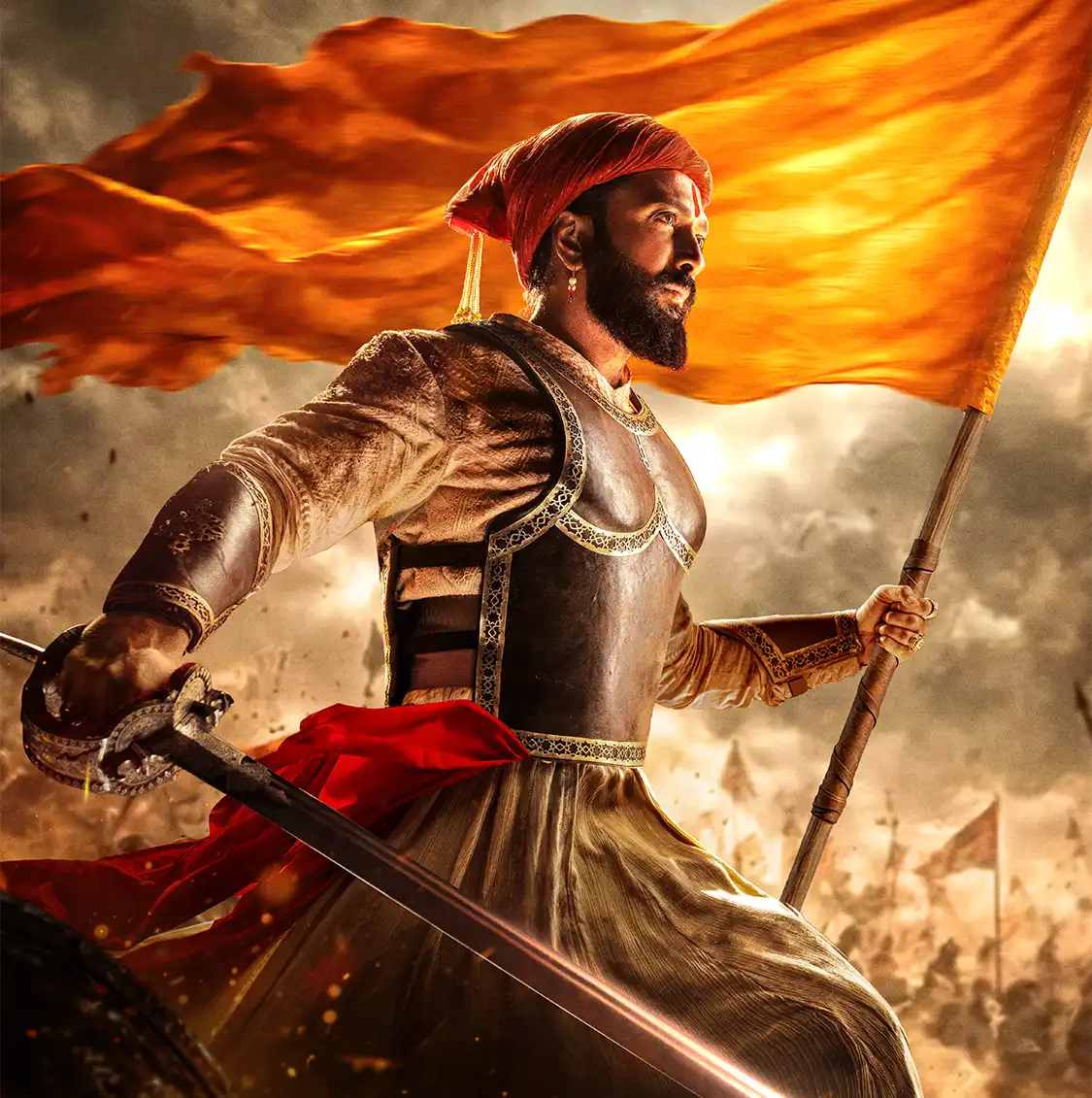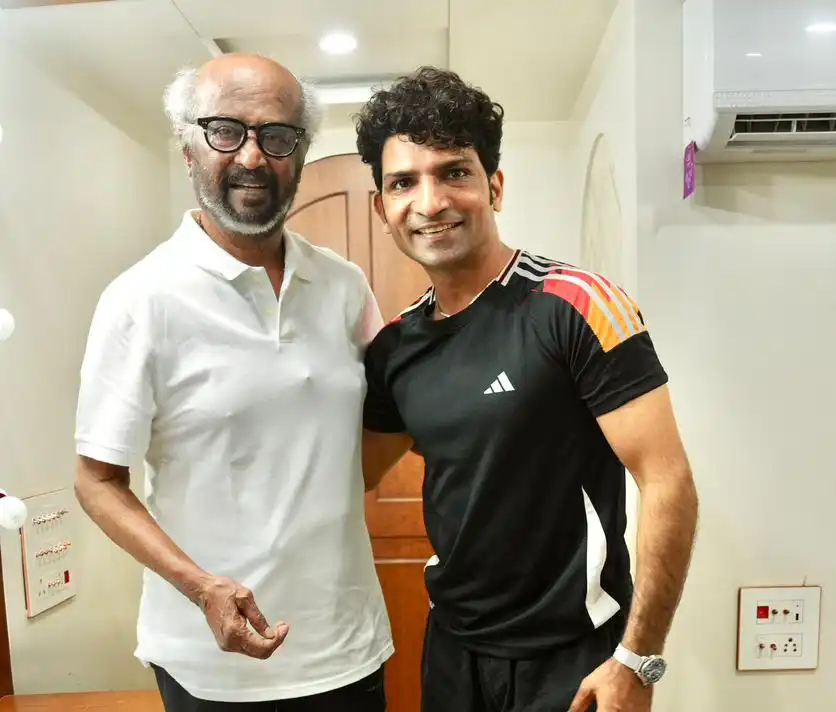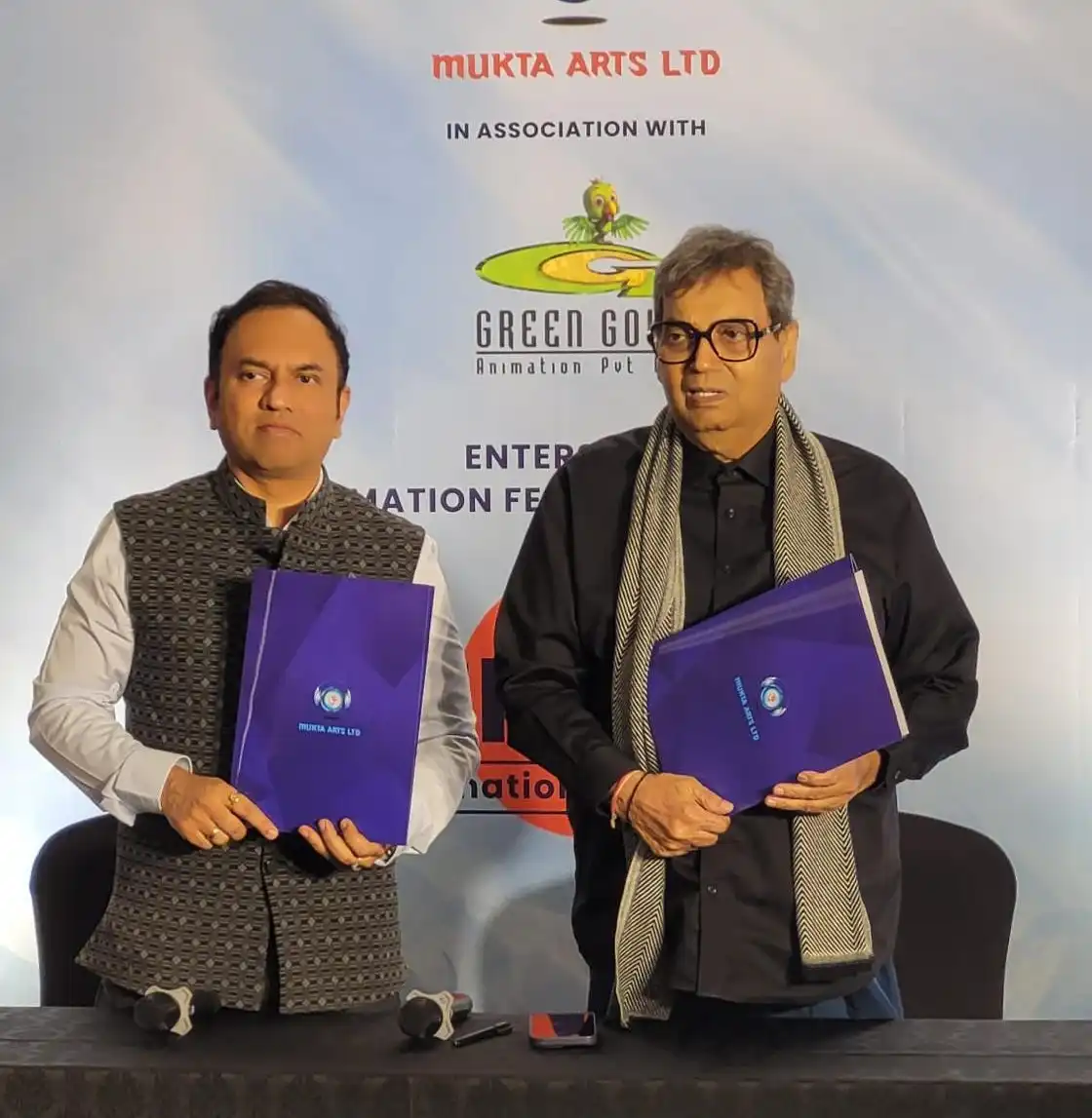Filming abroad is no longer a novelty for the Marathi film industry. However, shooting in a remote Indian location—thousands of feet above sea level, with low oxygen levels, and unpredictable weather—is an exceptional challenge. That’s exactly what the team of Banjara accomplished by filming in the breathtaking landscapes of Sikkim, a state in Northeast India. Directed by Sneh Pokshe, Banjara is not just the first Marathi film but also the first-ever Indian film to be shot in Sikkim.
The film’s poster and teaser have already been unveiled, showcasing Sikkim’s stunning beauty and a thrilling bike ride among friends, which has captivated audiences. While the visuals appear effortless and mesmerizing on screen, the actual shooting process was anything but easy. Director Sneh Pokshe shared his experience of overcoming these challenges.
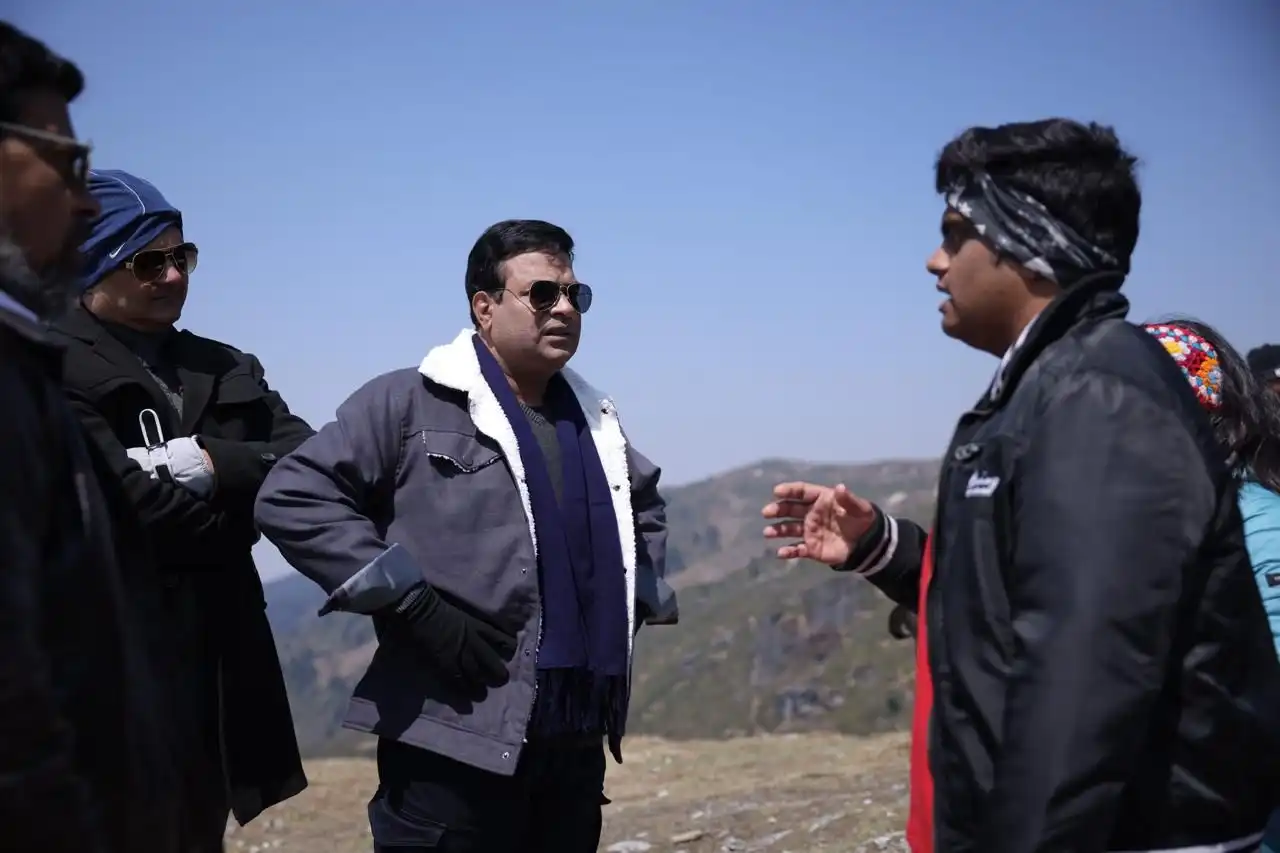
“This is a location where no film has ever been shot before. The sheer beauty of this place can make anyone fall in love with it. We filmed at an altitude of around 14,800 feet, where oxygen levels were extremely low. We had to rely on oxygen sprays and camphor to sustain ourselves. The weather was highly unpredictable—one moment it was bright and sunny, and the next, it would start raining. Our schedule was for nine days, but heavy rains disrupted the shoot. Since we couldn’t afford delays, we somehow managed to complete the shoot within the planned time frame. We traveled with a crew of around 150 people, along with more than 100 locals, and completed the shoot despite the harsh conditions. The Indian Army provided us with immense support throughout this journey.”
Banjara is a film that beautifully conveys a message of friendship and self-discovery and is set to release soon. Presented by V.S. Productions and Morya Productions, the film’s story, screenplay, and dialogues have been penned by Sneh Pokshe himself. The film stars Sharad Ponkshe, Bharat Jadhav, Sunil Barve, Sneh Pokshe, Saksham Kulkarni, and Aditya Dhanraj in lead roles. It is produced by Rohini Vijay Patwardhan and Sharad Ponkshe.

